Creating Schools Where All Students Thrive
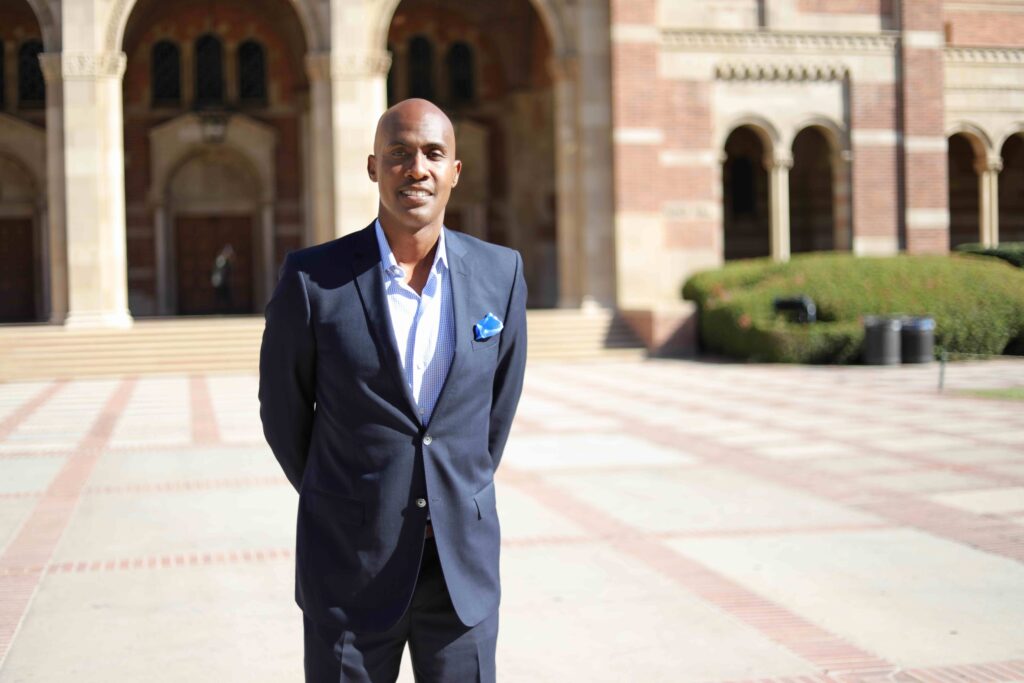
Dr. Tyrone Howard – Pritzker Family Endowed Chair in Education to Strengthen Children & Families, UCLA
In this keynote address, Tyrone Howard will discuss strategies, approaches, and curricular interventions that are evidenced based on helping to create schools where all students can succeed. Building on the work that Dr. Howard has done with schools over the past decade, his address will offer solutions for school leaders, practitioners, and education advocates to maximize learning for all students.
Centering Dignity in Education: What it is and why it matters
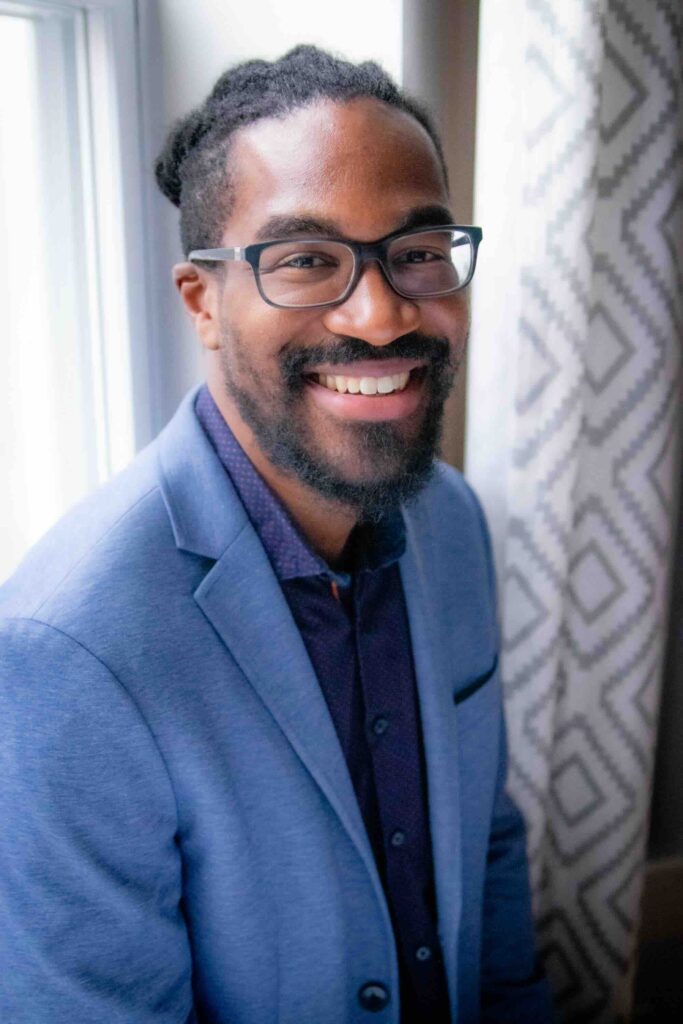
Dr. Decoteau Irby – Associate Professor of Educational Policy Studies, University of Chicago
Dr. Irby’s “Centering Dignity in Education” keynote weaves together stories of his South Carolina childhood and up-to-date educational research to explore what’s really at the heat of improving students’ school experiences and outcomes – treating them with dignity. Using what he refers to as loving critique, he challenges educators to reflect on if they are indeed committed to the self-work required to ensure that “other” people’s children have a fair chance at being successful in school and life. After hearing his keynote, educators and adults from all walks of life will be more conscious about what they believe about, say to, and act toward the children and youth in their lives. Certainly, they will leave reminded that educators’ words and actions profoundly shape children’s social, emotional, and academic well-being throughout their school years and far beyond.
Finding Confidence In Conflict
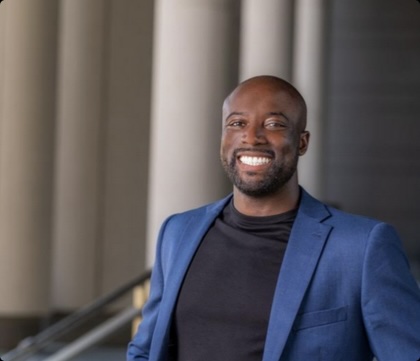
Kwame Christian, Esq., M.A.
This presentation aims to help team members handle difficult conversations and negotiations using the Compassionate Curiosity Framework. Attendees will have the opportunity to improve their ability to understand the emotions and psychology behind a conflict, gain control over their emotions, build trust with colleagues and clients, and create an atmosphere that encourages healthy, honest communication.
Led by attorney and global expert on negotiation, Kwame Christian, this practical and engaging session will teach attendees psychology-based negotiation strategies to manage conversations. Participants will learn how to structure difficult conversations effectively, manage difficult emotions, and avoid common mistakes that can stifle healthy communication. This workshop will form the foundation for all negotiation training.
The Healing Power of Stories Navigating the Nervous System with Dr. Stevenson
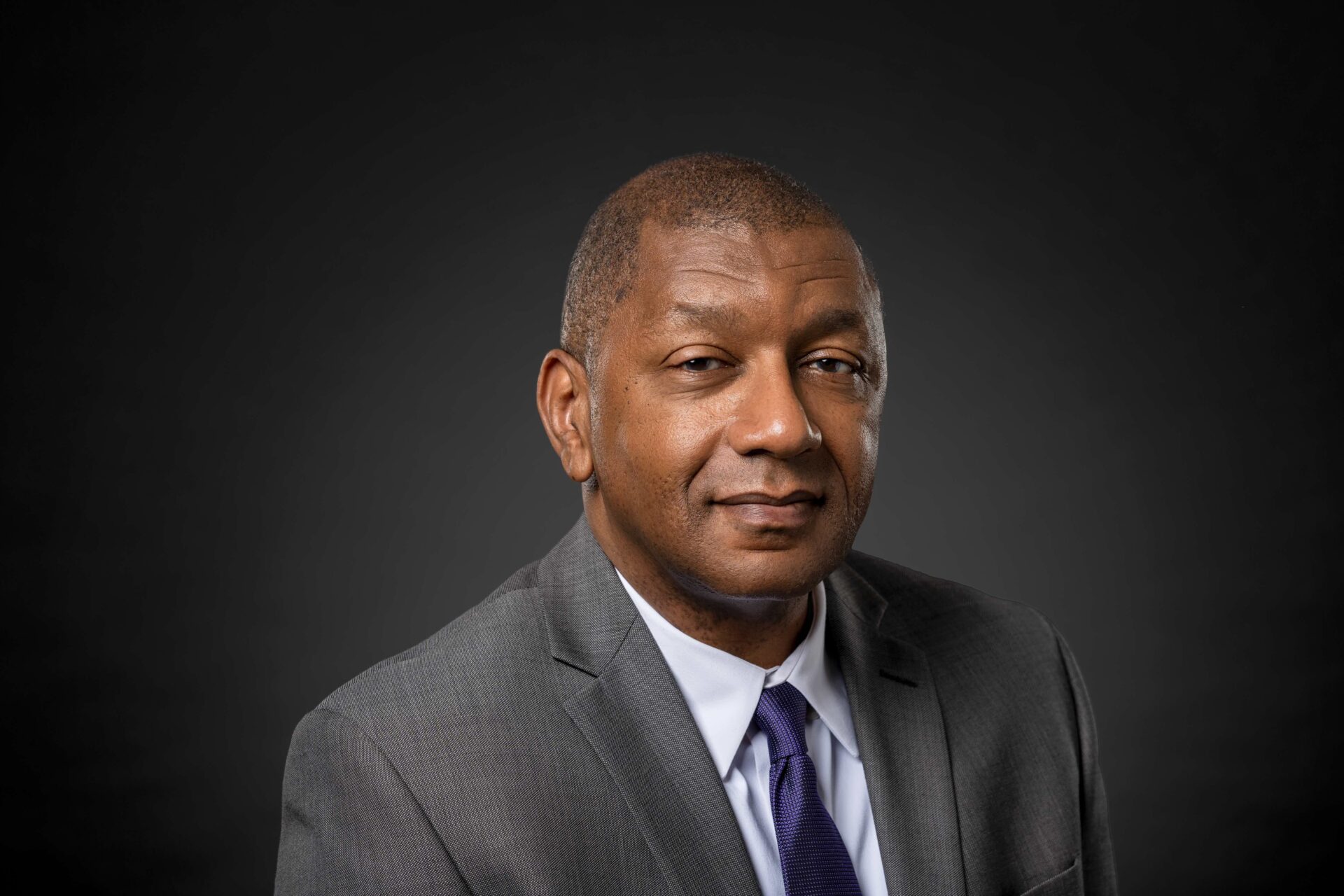
Dr. Howard Stevenson – Constance Clayton Professor of Urban Education Human Development and Quantitative Methods, Division Professor of Africana Studies and Director of Racial Empowerment Collaborative
In a world where we are told not to talk about race, Dr. Howard Stevenson teaches story-telling literacy— the ability to read, recast, and resolve stressful interactions and narratives. Through the telling of his own story, Dr. Stevenson primes his audience for practicing his framework, CLCBE (Calculate, Locate, Communicate, Breathe, Exhale).
Breakout Speakers
Using Data on Leadership Practices to Inform School Improvement
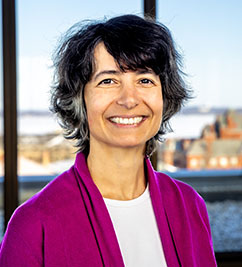
Daniella (Dani) Molle, PhD – Research Director, CALL-ECL Project, Wisconsin Center for Education Research
This presentation is a collaboration between researchers and principals in Columbus City Schools. The presentation will consist mainly of a panel with 3-5 CCS principals, who will share with the audience how they have used survey data on leadership practices for school improvement. Participants will have a chance to discuss how they might use the survey tool in their own schools to advance the learning of student and staff.
The Four Forces of Leadership Behavior
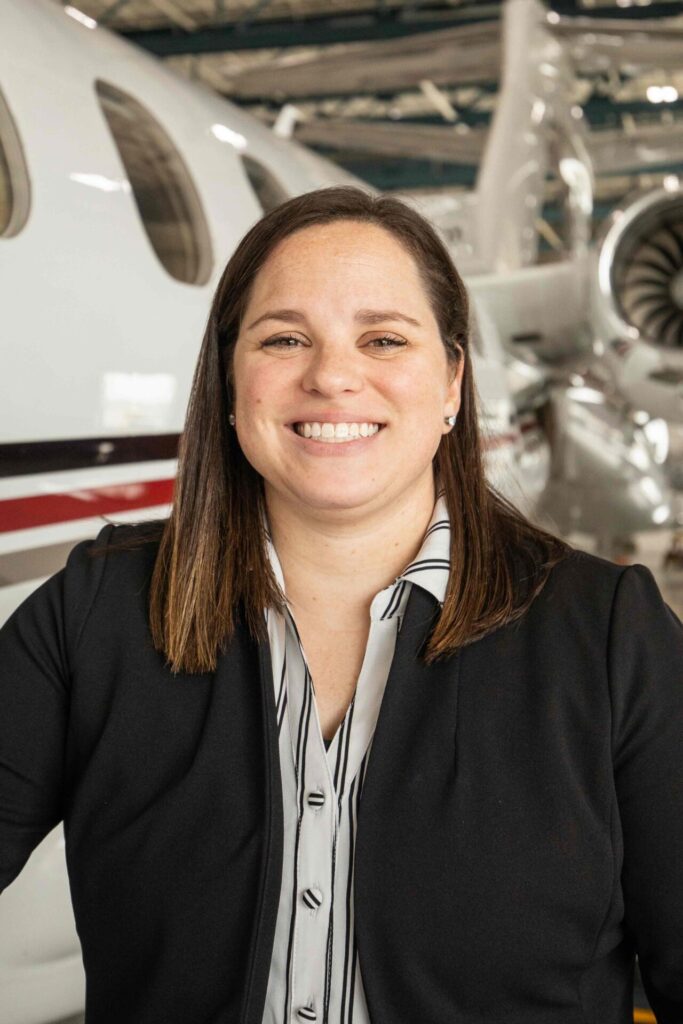
Kelly Smith – Manager, Application Development, NetJets
Lift, weight, thrust and drag are the four forces acting on an aircraft as it moves. They can be adjusted in standard and predictable ways to achieve actions like takeoff and landing. One challenge we face as leaders and professionals is an overabundance of feedback about how to behave. Each participant will be able to think through what makes up your 4 forces so that you can use them to your advantage and avoid the professional landmines that led to the creation of this model.
The Forgotten March: Selma, Alabama Educators and Lessons about Courage, Perseverance, and Leadership

Dr. Terry Anne Scott – Director of the Institute for Common Power
By 1965, a series of marches by civil rights foot soldiers in a small, inconsequential southern town on the banks of the Alabama River would lead to the passage of the 1965 Voting Rights Act, revolutionary legislation that delivered change for people across the state and the nation. A group of educators who faced seemingly insurmountable challenges led the way. This workshop will remind us that, as one of the leaders of the march proclaimed, educators have more influence than they can ever imagine.
Effective Communication: Navigating Challenging Conversations with Adults
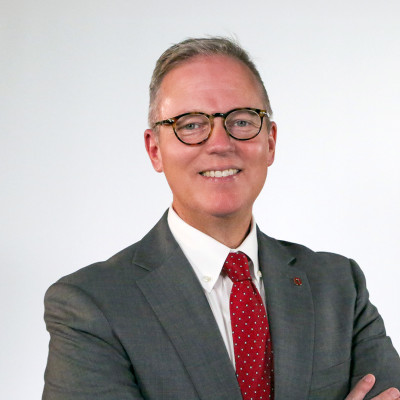
Dr. Dustin Miller – Associate Chair, Clinical Assistant Professor, Director of EdD in Educational Administration in the Department of Educational Studies
Have you ever had that feeling in the pit of your stomach after reading an email from an angry colleague or community member? Have you stressed over how best to respond to a terse voicemail? If so, this session is designed to provide you with strategies to effectively navigate stressful communication, both in-person, on the phone, and through email with other adults. Through the use of interactive scenarios, you will walk away with tools to help reduce the stress you feel in these moments and ultimately resolve matters in a mutually agreeable fashion.
Money Talks – Making the Most of Your School’s Resources
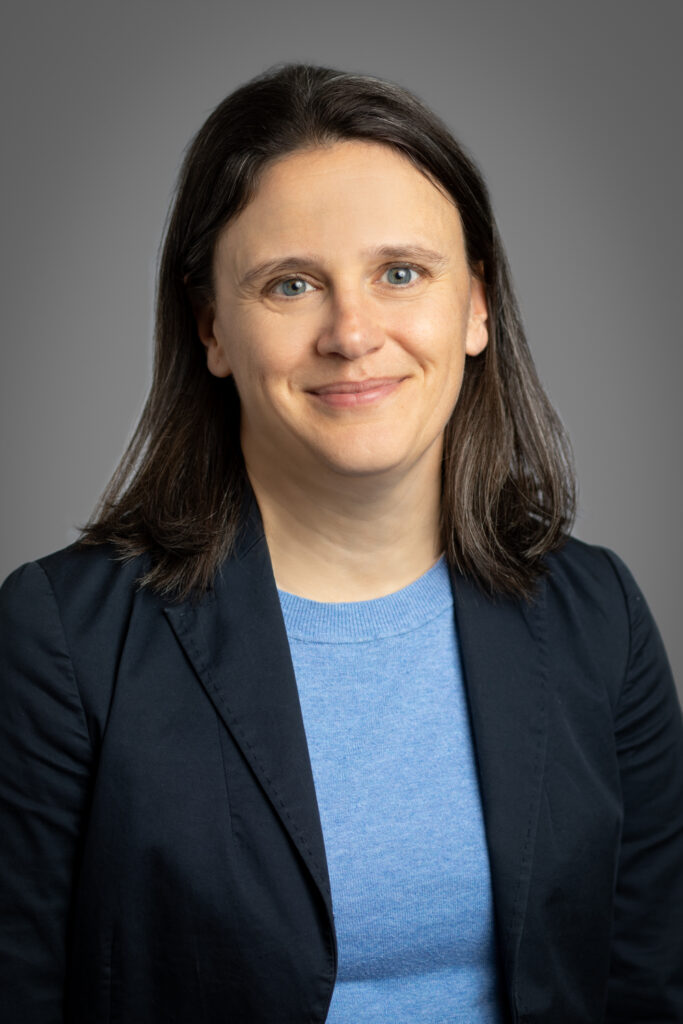
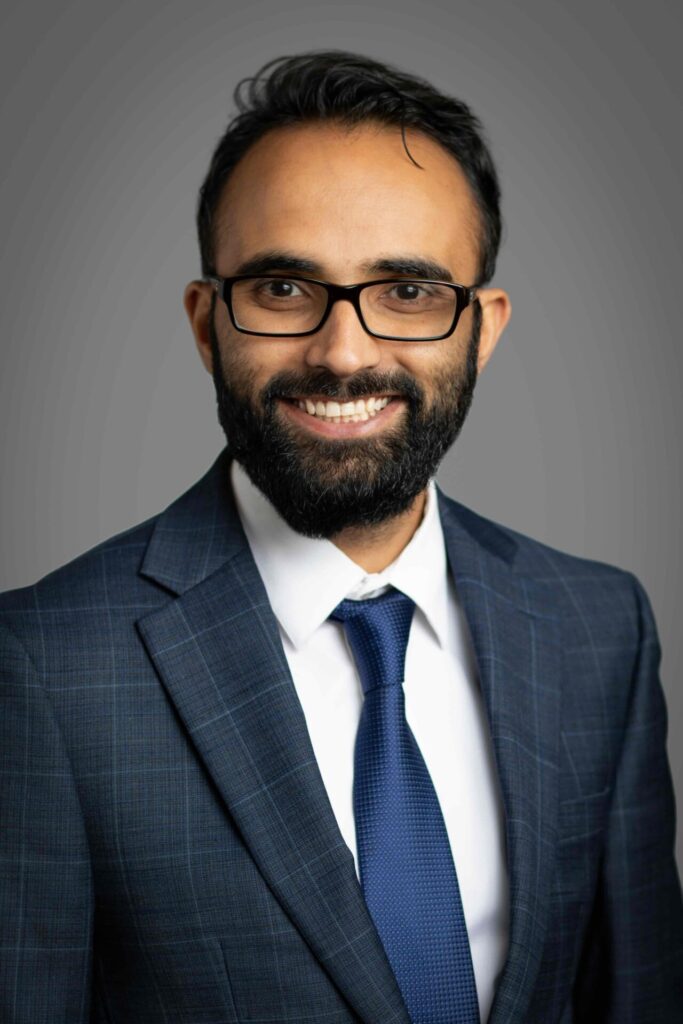
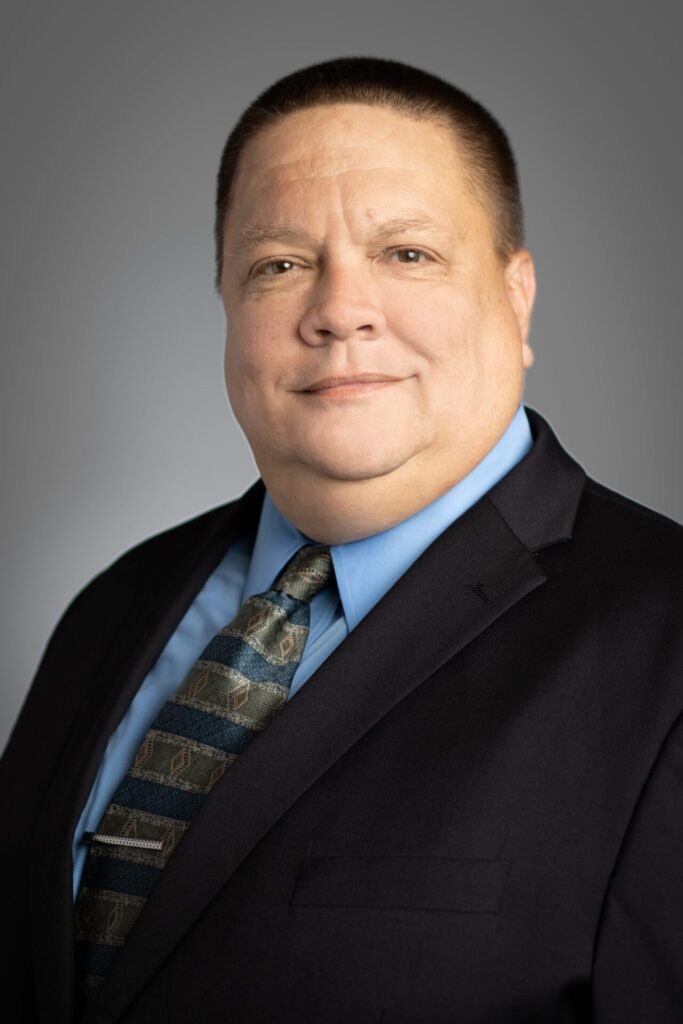
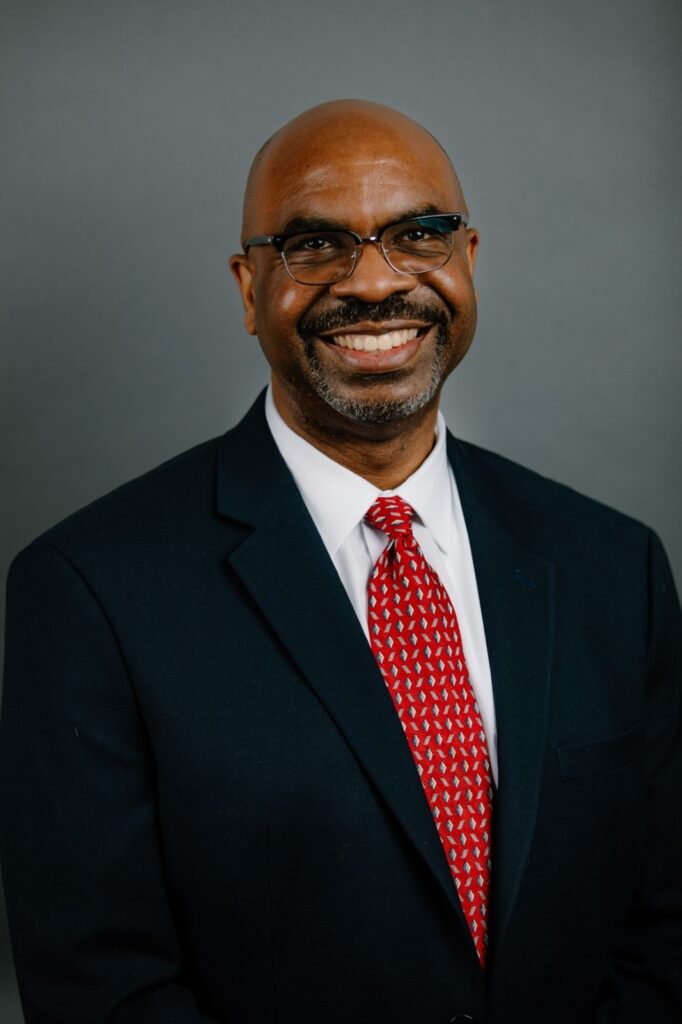
Ann Palcisco, Hem Rizal, Mike Barnes & Terry Addison
Discover how the district is transforming the school budget and staff planning process for next year! Get an exclusive look at the draft timeline and share your voice—your input can help shape the changes that matter most as you plan for your school’s future. Let’s build something better together!
What supports AP learning? A collective inquiry workshop.
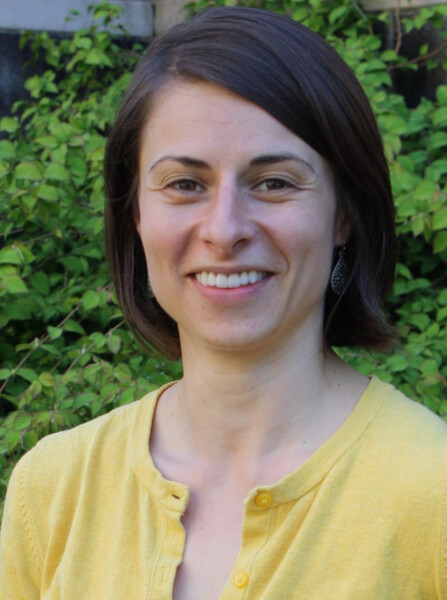
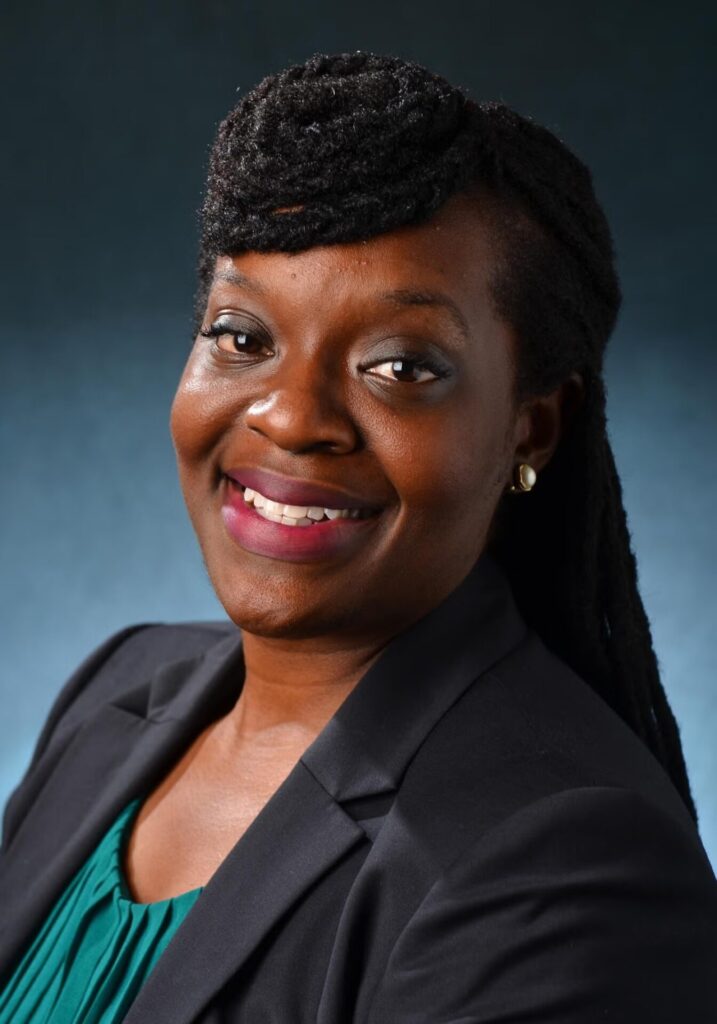

Alison Fox Resnick, University of Colorado Boulder
Terrenda White, University of Colorado Boulder
Marc Stein, Improving Education
We often think a lot about student and teacher learning – but what about Assistant Principals’ learning? In this collective inquiry workshop, Assistant Principals will have a chance to reflect together about goals they have for their learning as school leaders and what their ideal systems of support would look like.
Workshop Sessions
Strategies for Navigating and Leading Change

Dr. Jeff King – Associate Professor and Co-Director of the OSU Leadership Center
Leading change is a responsibility of all leaders regardless of their specific position or organization. Leaders set the tone for others and must continually build their capacity as a change agent. Those who increase their knowledge of change processes and strategies have a stronger capacity to help others develop their ability to accept and create environments of positive change. This session will explore some of the key strategies to navigate and lead change both personally and collectively as a team or organization. Participants of the workshop will complete the Change Style Indicator®. The Change Style Indicator® is a change management assessment designed to measure preferred styles in approaching and dealing with change. The assessment addresses both initiated and imposed change and places the respondent on a continuum
More specifically, session participants will:
Have a better understanding of the impact of our change style preference.
Link their change style to a personal change process.
Identify key leadership strategies that can enhance the change process.
Lean Six Sigma

Brad Hollingsworth
The Lean Six Sigma methodology develops the knowledge and skills to improve efficiency and effectiveness in the workplace. This session equips leaders with tools to identify process gaps, use data for better decisions, and support improvement initiatives through a Yellow Belt workshop.
Everyone is an instructional leader: Tools for seeing our role in building a system for educational equity



Alison Fox Resnick, University of Colorado Boulder
Terrenda White, University of Colorado Boulder
Marc Stein, Improving Education
In this collective inquiry workshop, central office leaders will have a chance to reflect together on how the processes and routines of their offices impact instructional leadership and are critical components for achieving a system that delivers on a vision of educational equity. Participants will engage with tools that are useful in better understanding systems, root causes and ultimately learning how processes are interconnected to produce valued outcomes.
